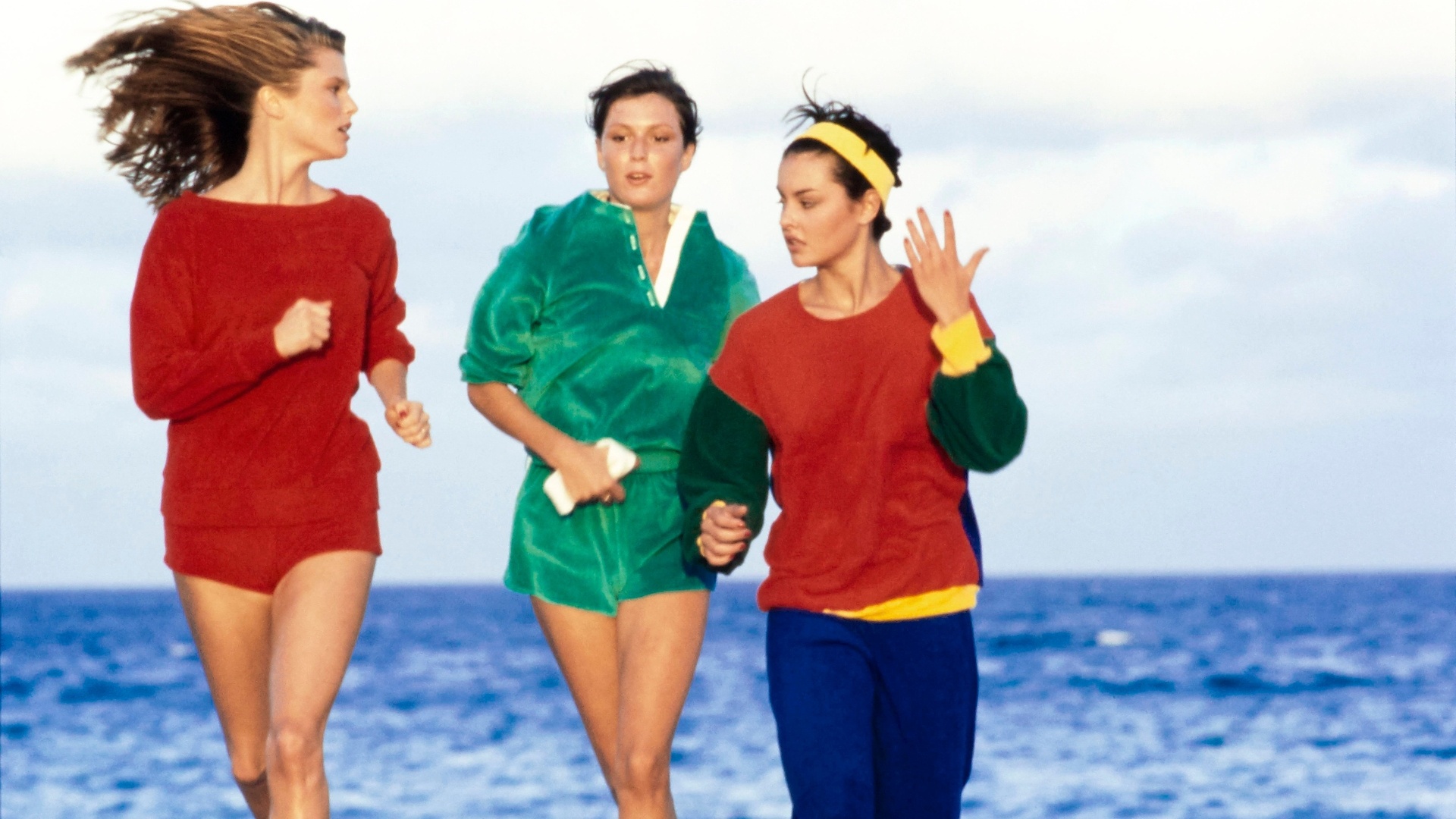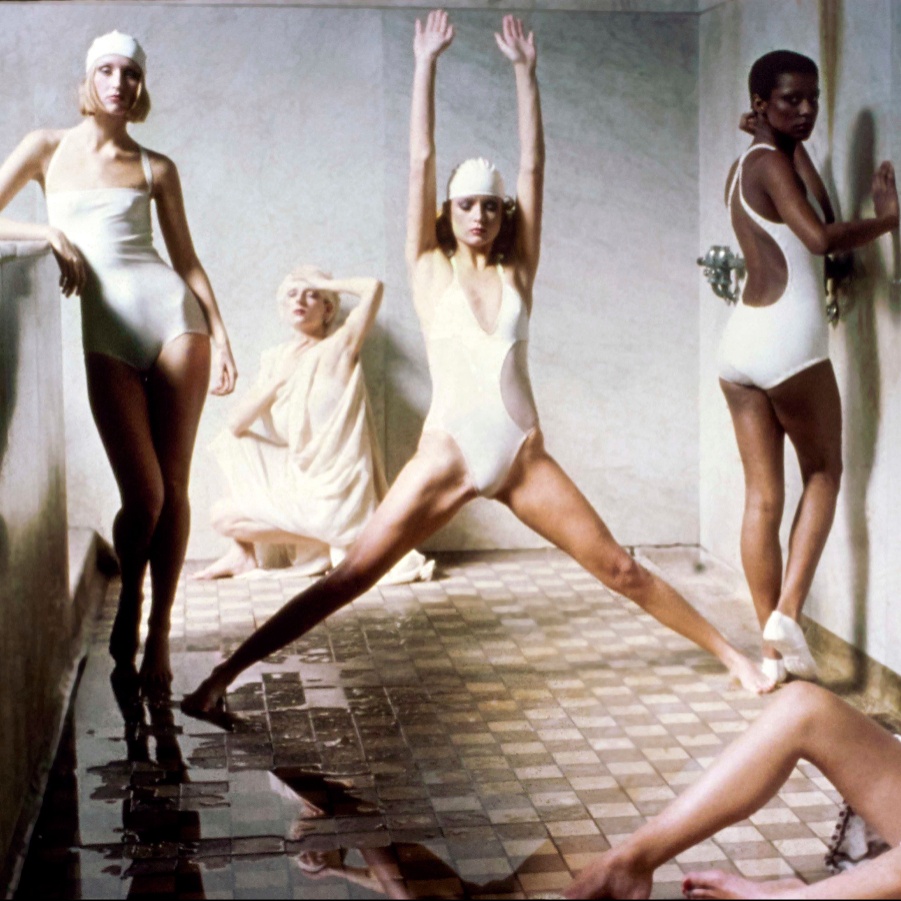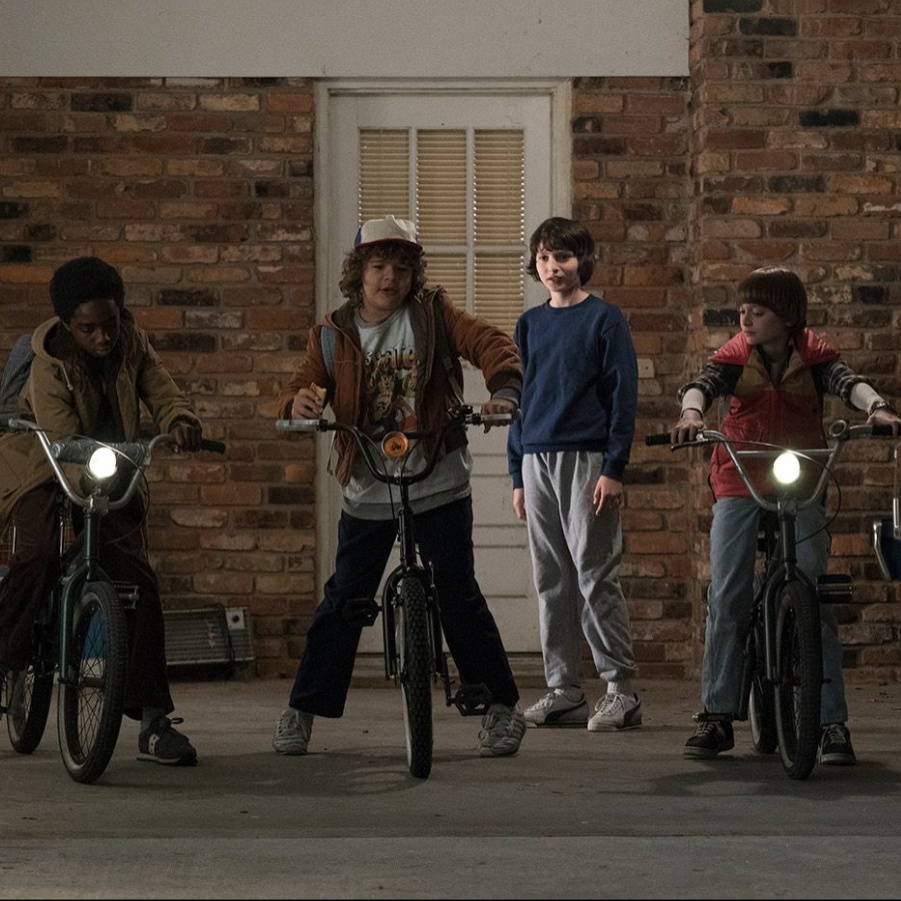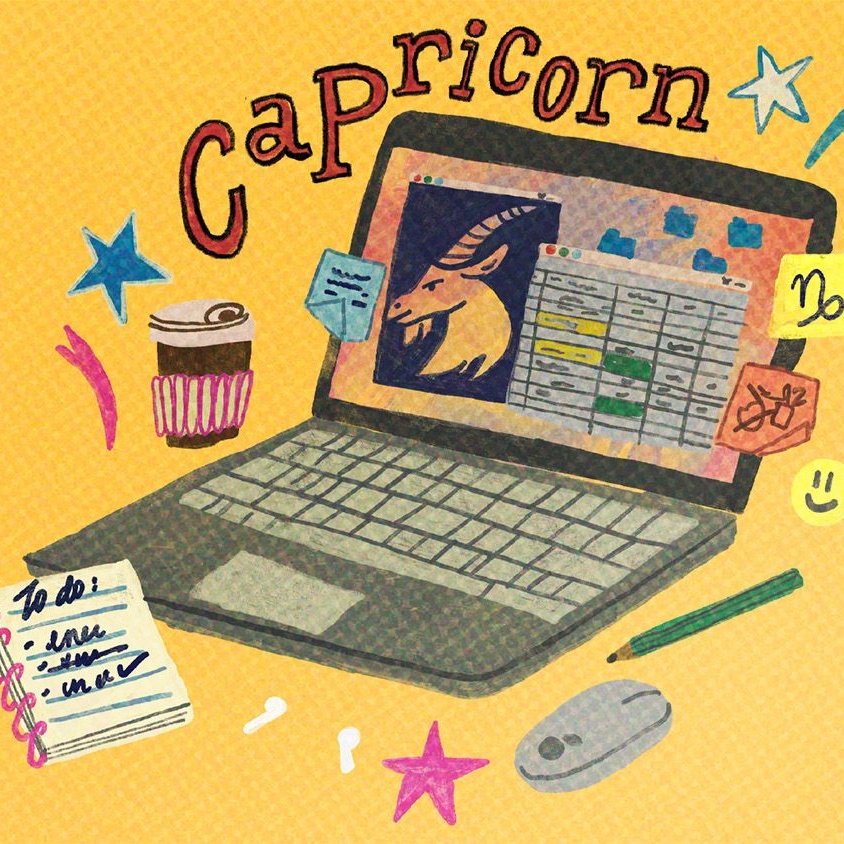For me, it all started with breakfast. That’s how a friend bribed me to go for a run with her one morning. Being a food journalist whose job it is to eat, I thought of the exercise as a fun way to discover cute breakfast spots across Mumbai. Little did I know that the promise of a sizzling hot dosa or a delightfully eggy kheema ghotala would make me fall in love with waking up and lacing up.
But this isn’t a story about my love for food. It’s about how a newb like me, who had a very limited idea of what physical fitness can look like, was guided into running distances like 21k thanks to a motley crew of amateur runners who held my hand and cheered me on. Six years later, the breakfast is incidental. The friends, though, aren’t.
I’m not the only one. Late last year, Strava, the physical exercise tracking app, released its annual ‘Year in Sport: Trend Report’, which showed a 59 per cent rise in run clubs and group activities. ‘Making social connections’ was revealed as the lead motivator for people to exercise, with 58 per cent of survey respondents saying they made new friends via fitness groups. Increasingly, marathon training and run clubs are seeing a rise in popularity, partly because they provide supportive, non-judgemental environments for people to interact. Is running becoming the new third space? Or are we witnessing the rise of a fourth space?
Increasingly, marathon training and run clubs are seeing a rise in popularity, partly because they provide supportive, non-judgemental environments for people to interact. Is running becoming the new third space? Or are we witnessing the rise of a fourth space?
The “third space” concept was popularised by sociologist Ray Oldenburg and refers to a place that is neither home (first space) nor work (second space) but serves as a gathering spot for community and social interaction. While restaurants and bars have traditionally made up these informal, comfortable and accessible places, now it seems like run clubs are offering the same—for free and with the bonus of health benefits.
Akshata Pai, said friend who lured me into running and is now the Nike India Running head coach, agrees that the run club has now become a safe space for people to interact over shared interests. “In all other aspects of our lives, whether it’s online or offline, there is some element of eligibility or legitimacy that’s required to be in certain rooms and spaces. We’re constantly judged. But running is one of those few sacred spaces we have where it doesn’t matter where you come from and what your journey is. It’s the in-this-together sentiment that people are responding to,” she says.
She adds that the act of running—breathlessness, sweat, discomfort—allows for a level of vulnerability that people often struggle with when it comes to breaking the ice and forming stronger bonds in friendships. Pai, who has, over the years, been associated with group fitness classes for women such as Sisters In Sweat and is now training women-only run groups, says this is particularly true of all-female groups.
I see this dynamic play out at training sessions for the Nike After Dark Tour, a female-only 10k run scheduled for mid-May. At the last session I attended, runners ranged from complete beginners looking to get used to walking and jogging to those who have completed several marathons. Despite the differences in levels, in the air was a feeling of camaraderie and sisterly support quite unlike anything I’ve experienced before in a group class, where the general feeling is one of inadequacy and intimidation.
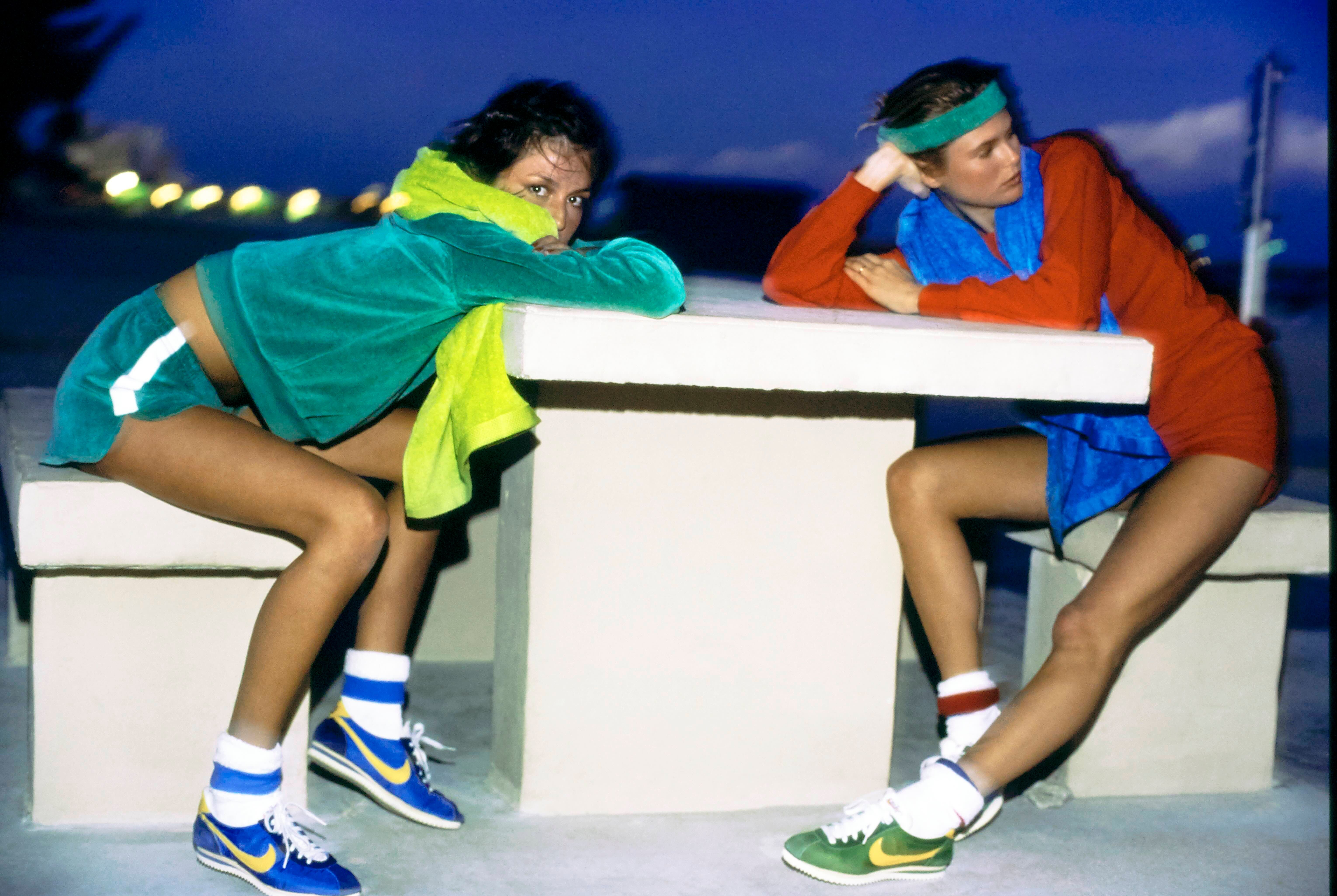
According to Sonali Gupta, a Mumbai-based psychotherapist and author of Anxiety: Overcome It and Live without Fear and You Will Be Alright: A Guide to Navigating Grief, one of top five conversations in therapy since 2016 has been around loneliness and the absence of connections. For clients facing these challenges, Gupta has been recommending group fitness classes to stay healthy and make friends in an easy, low-stakes way. “Group fitness classes take the pressure off things like taking initiative to make a plan or even having a continuous conversation,” she says. “Especially when it comes to activities like running, you can choose how much you want to talk or share, which is difficult to do in other setups without coming across as cold or unfriendly.”
I find myself nodding through my conversation with Gupta, because I identify with that sentiment. While I enjoy running with a group of people, I don’t necessarily want to talk to them all the time. Just being with myself and focusing on my run—while being in a group—makes the act of exercising and making friends less scary.
It makes sense then when people refer to running as therapeutic. At first, the idea of increasing your heart rate and being out of breath seems far from meditative—but Gupta tells me about a client who used running to overcome grief. Running alone was the one space he allowed himself to cry. And when he felt he needed company, running with a group of friends provided solace and companionship without the pressure to talk about his loss.
Another reason why more people, especially Gen Z and younger crowds, are gravitating to running is that it’s one of the last few bastions in modern life that doesn’t involve a screen and is mostly free. According to the Strava report, nearly one in five Gen Zers went on a date with someone they met through exercise. The report also found that Gen Zers were four times more likely to want to meet people through working out than at the bar.
Fuelled by a post-pandemic need for community and connection, group fitness is getting an upgrade. Internationally, running and wellness are blending in all kinds of interesting ways. At Runningman Festival, “a three-day celebration of the active lifestyle”, thousands of people gather for workouts, a race, DJs, and community in Georgia. Diplo’s Run Club is another example of how what started as a couple of city runs is now expanding across the United States, mixing running, wellness, and parties. Attendees and members have met best friends and even spouses here.
Pai tells me that in Mumbai, she’s even seen people collaborate for work and take trips together. “That’s the beautiful thing about running. You never know where it will lead you.”
Sometimes, it could lead you to a delicious dosa. And other times, it could lead you back to yourself.
